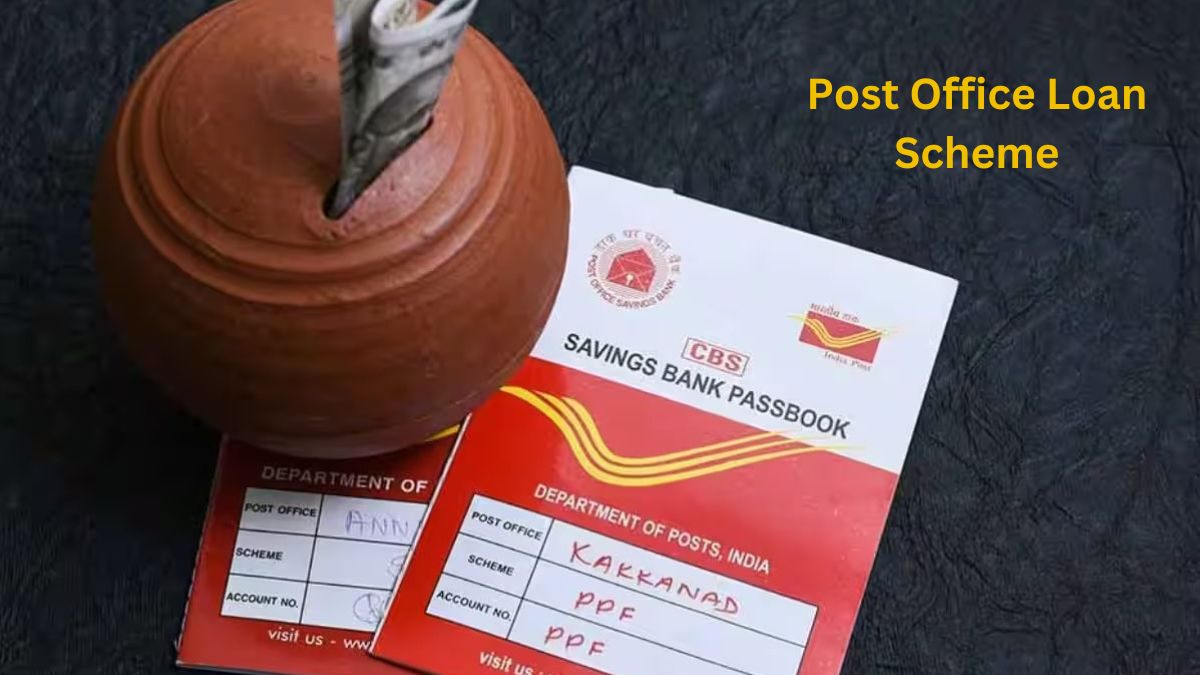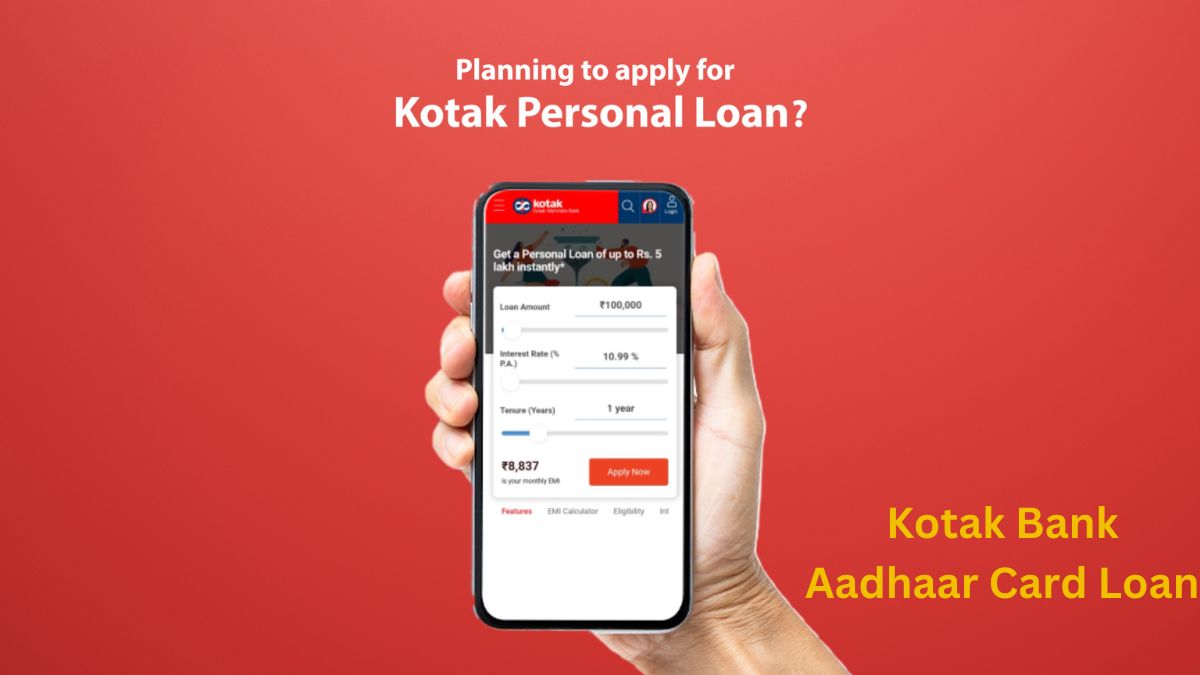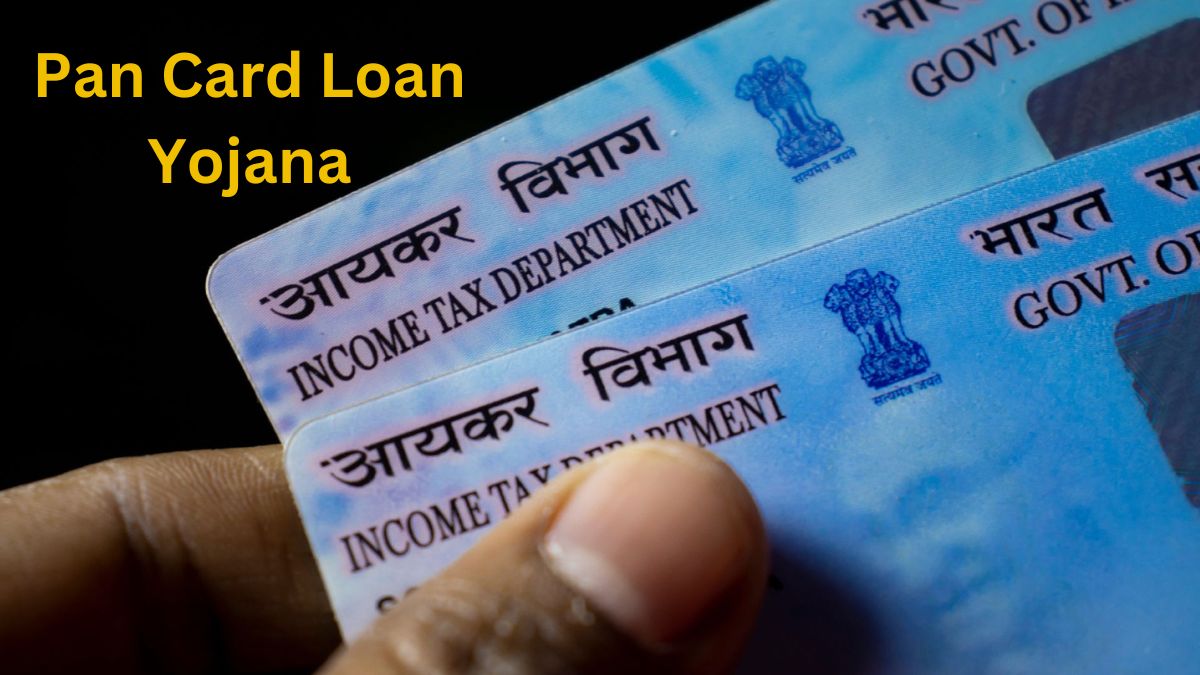Education is the cornerstone of a prosperous future, and in India, the demand for quality education is ever-increasing. However, the cost of higher education, especially in prestigious institutions or for studying abroad, can be daunting. This is where education loans come into play, offering a financial lifeline to students and their families. This article delves into the intricacies of education loans in India, covering everything from eligibility criteria to repayment options, and addressing common questions through an FAQ section.
What is an Education Loan?
An education loan is a type of financial aid provided by banks and financial institutions to help students cover the cost of their education. This includes tuition fees, examination fees, accommodation, books, and other related expenses. The loan amount can vary depending on the course, institution, and country where the student intends to study.
Types of Education Loans
1. Domestic Education Loan
A domestic education loan is offered to students who wish to pursue higher education within India. These loans typically cover the cost of tuition, books, and other related expenses for courses in Indian institutions.
2. Overseas Education Loan
This loan is designed for students who plan to pursue higher education abroad. The loan amount is usually higher, considering the additional expenses such as travel, accommodation, and higher tuition fees in foreign universities.
Eligibility Criteria for Education Loans in India
To qualify for an education loan in India, students and their co-applicants (usually parents or guardians) must meet certain eligibility criteria:
1. Indian Nationality
The applicant must be a citizen of India and have secured admission to a recognized course in India or abroad.
2. Admission to a Recognized Institution
The student must have secured admission to a recognized university or institution. The course should be recognized by relevant authorities like the University Grants Commission (UGC), All India Council for Technical Education (AICTE), or any other government body.
3. Academic Record
A good academic record increases the chances of loan approval. While each bank has its criteria, students with consistent academic performance are more likely to secure a loan.
4. Co-applicant
A co-applicant, typically a parent or guardian, is required for the loan. The co-applicant’s financial background and credit score are crucial factors in the loan approval process.
5. Collateral
For loans above a certain amount (usually ₹7.5 lakhs), banks may require collateral. This could be in the form of property, fixed deposits, or any other tangible asset.
Interest Rates on Education Loans
Interest rates on education loans in India vary depending on the bank, the loan amount, and the borrower’s credit profile. Typically, interest rates range from 8% to 15% per annum. Some banks offer lower rates for female students or those studying in premier institutions like IITs or IIMs.
Repayment of Education Loans
Repayment of education loans usually begins after the completion of the course, once the student secures a job. This is known as the moratorium period, which can vary between 6 months to 1 year after course completion. The repayment period can range from 5 to 15 years, depending on the loan amount and the bank’s policies.
Key Features of Education Loans
1. Moratorium Period
As mentioned earlier, the moratorium period allows students a grace period before they start repaying the loan. During this time, interest may accumulate on the loan amount, depending on the bank’s policy.
2. Tax Benefits
Under Section 80E of the Income Tax Act, the interest paid on education loans is eligible for tax deductions. This benefit can be availed for up to 8 years from the start of loan repayment.
3. Flexible Repayment Options
Many banks offer flexible repayment options to suit the borrower’s financial situation. These options include step-up EMIs (starting with lower EMIs and increasing over time) and extended repayment tenures.
4. Subsidies for Economically Weaker Sections
The Government of India offers interest subsidies on education loans for students from economically weaker sections under the Central Sector Interest Subsidy Scheme (CSIS). This scheme covers the interest during the moratorium period for loans up to ₹7.5 lakhs.
Challenges Faced by Students in Availing Education Loans
While education loans provide essential financial support, there are challenges that students may face:
1. High-Interest Rates
For some students, the interest rates on education loans can be a significant burden, especially if they do not secure a high-paying job after graduation.
2. Collateral Requirement
The requirement for collateral can be a hurdle for students from low-income families who may not have sufficient assets to pledge.
3. Cumbersome Application Process
The process of applying for an education loan can be lengthy and complex, involving extensive documentation and multiple approvals.
Top Banks Offering Education Loans in India
Several banks in India offer education loans with varying terms and conditions. Some of the top banks include:
1. State Bank of India (SBI)
SBI offers education loans under schemes like the SBI Global Ed-Vantage (for overseas education) and SBI Student Loan Scheme (for domestic education).
2. HDFC Bank
HDFC Bank provides education loans with competitive interest rates and flexible repayment options. They also offer loans for studying abroad.
3. Punjab National Bank (PNB)
PNB offers education loans under schemes like PNB Saraswati and PNB Udaan, catering to both domestic and international education needs.
4. Axis Bank
Axis Bank’s education loans come with benefits like pre-admission sanction and multi-city co-borrowers, making it easier for students to secure financing.
Conclusion
Education loans in India have become a crucial tool for students aspiring to achieve their academic dreams. With the rising cost of education, these loans provide much-needed financial assistance, enabling students to pursue their desired courses without financial constraints. However, it is essential for students and their families to thoroughly understand the terms, conditions, and repayment obligations associated with these loans. By carefully selecting the right loan product and planning for repayment, students can make the most of the opportunities that education loans offer.
FAQs
1. What is the maximum amount I can borrow for an education loan in India?
The maximum loan amount varies depending on the bank and the course. For domestic education, it can go up to ₹10-15 lakhs, while for studying abroad, it can range from ₹20 lakhs to ₹1.5 crores.
2. Do I need to start repaying the loan while I am still studying?
No, repayment typically begins after the course is completed, usually 6 months to 1 year after securing a job.
3. Can I get an education loan without collateral?
Yes, some banks offer loans up to ₹7.5 lakhs without requiring collateral. For higher amounts, collateral is usually necessary.
4. What happens if I am unable to repay the loan?
If you are unable to repay the loan, it could affect your credit score and lead to legal action from the bank. However, banks may offer options like restructuring the loan or extending the repayment period in certain cases.
5. Are there any subsidies available for education loans?
Yes, the Government of India provides interest subsidies for students from economically weaker sections under the Central Sector Interest Subsidy Scheme (CSIS).
6. Can I prepay my education loan?
Yes, most banks allow prepayment of education loans without any penalty. Prepaying can help reduce the interest burden.
7. How can I apply for an education loan?
You can apply for an education loan online through the bank’s website or visit a branch. You will need to provide documents like admission proof, academic records, and income proof of the co-applicant.
8. Is the interest on education loans tax-deductible?
Yes, under Section 80E of the Income Tax Act, the interest paid on education loans is eligible for tax deductions.
9. What is the typical tenure for repaying an education loan?
The repayment tenure for education loans typically ranges from 5 to 15 years, depending on the loan amount and the bank’s policy.
10. Can I use an education loan to study a vocational course?
Yes, education loans can be used for vocational courses, provided the course is recognized by the relevant authorities.




